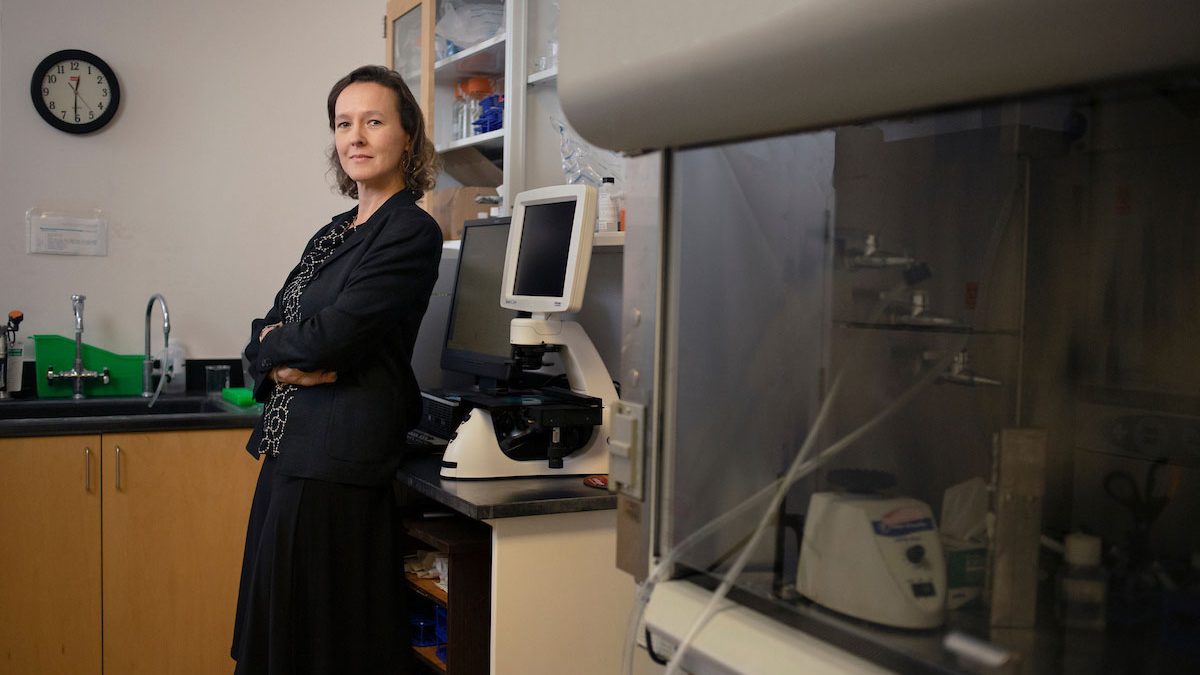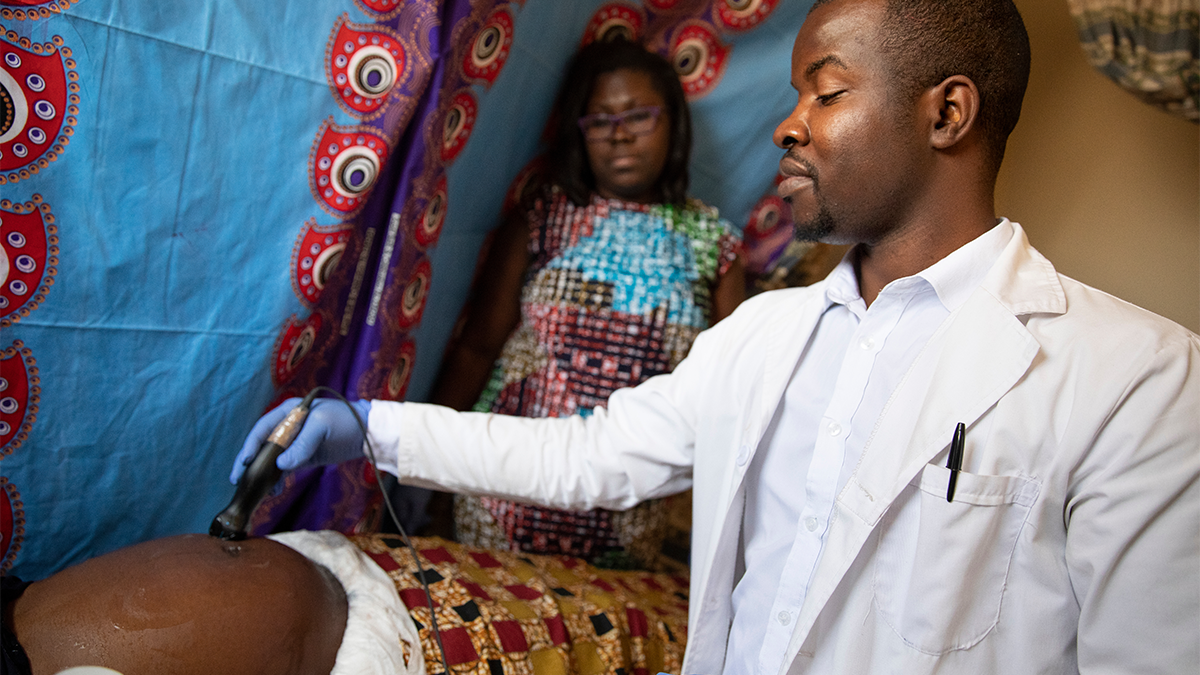Examining Efficacy in Opioid Treatment
Published on June 28, 2022New study examines patient retention in opioid treatment programs

New study examines patient retention in opioid treatment programs
There is no cure for opioid use disorder (OUD), and treatments do not work the same for everyone. While there has been a focus on increasing access to treatments and recovery programs, the delivery of those treatments can be very different depending on the provider. Making sure treatment is accessible and effective is more important than ever.
“Things are worse than they’ve ever been,” said Alex Gertner, MD, PhD, a resident in the UNC Department of Psychiatry. “Overdose deaths are increasing. There’s no more important time to address this issue than right now.”
Gertner has been researching OUD and its treatments during his time as a student in the UNC School of Medicine and UNC Gillings School of Global Public Health. His latest research, published in the International Journal of Drug Policy, looks at the difference in treatment delivery methods for opioid use disorder between providers with high and low patient retention.
Gertner and colleagues saw a clear difference between treatment programs with high retention versus low retention. Providers with high-threshold practices had lower retention, while providers with low-threshold practices had more successful longer courses of treatment.
High-threshold practices include requirements and restrictions like mandating participation in counseling sessions, strictly limiting buprenorphine doses, dismissing patients if they fail urine testing or miss an appointment, and office or facility-based inductions into treatment.
“High-threshold practices can make access to treatment more difficult for patients, while low-threshold practices allow more flexibility and can meet patients in their current life situation,” Gertner said. “There is currently a paradigm shift with newer providers who believe in more flexible treatment programs that encourage access to treatment but aren’t burdensome with the delivery method.”





